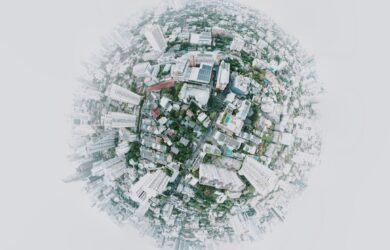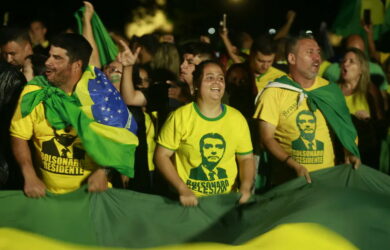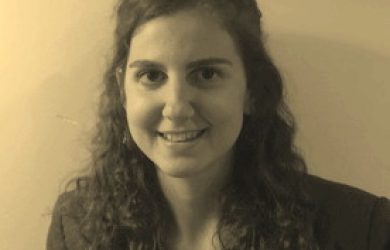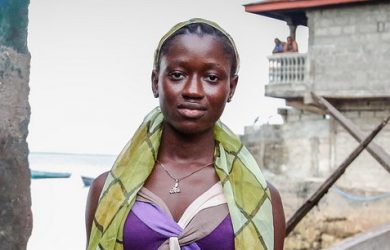- ABOUT US
- RESEARCH
- EDUCATION
- The Graduate School
- PhD Programme
- MSc Programmes
- Capacity Development
- News
- Design and Evaluation of Public Policies (DEPP)
- Design and Evaluation of Innovation Policies (DEIP)
- Evidence-Based Policy Research Methods (EPRM)
- Migration Management Diploma Programme (MMDP)
- Moving the Migration Policy Agenda Forward (MMPAF)
- Online Courses
- Short Courses (Masters)
- Tailor-made programmes
- UNU-MERIT, ITU Academy Training Centre
- Alumni
- Academic Funding
- NEWS
- EVENTS
- PUBLICATIONS
- LIBRARY
What is economic fitness and complexity?
08 March 2024
By Nanditha Mathew and Bernardo Caldarola (UNU-MERIT researchers and co-organisers of our Economic Fitness and Complexity Summer School) The science of complex systems can play an important role in understanding social and economic dynamics but its application to economics has not yet been fully explored. The most pressing challenges in science and society are frequently too complex for any single discipline to tackle alone, necessitating a problem-solving approach that transcends traditional d...
Continue Reading →What to expect from our intensive course on economic fitness and complexity
06 March 2024
5 days, state-of-the-art research, top experts In June 2023, UNU-MERIT co-organised a summer school on economic fitness and complexity (EFC) together with the Enrico Fermi Research Centre in Rome (CREF). The five-day event brought together 26 speakers – from as far afield as Peking University in China and Waseda Business School in Japan – and was a great success, attracting 43 participants and more than 100 applications from around the world. Now, we’re pleased to share that the seco...
Continue Reading →What are the macroeconomic challenges of the green transition in emerging nations?
17 May 2023
UNU-MERIT UNESCO Chair event examines investment strategies for climate and development goals When it comes to limiting global warming to 1.5 degrees Celsius, who will finance the investments needed to do so, and will the funding sources be domestic or foreign, public or private, or from debts or grants? And, in a macroeconomic context, how can we ensure that such investments will have their desired effects on the green transitions of nations? These are the questions Andrés Velasco, Dean of the ...
Continue Reading →Learning from the COVID-19 pandemic: How to better prepare for the next global crisis
02 August 2021
Time will tell, but today, one and a half years after the outbreak of the COVID-19 pandemic, the “gloom-and-doom” predictions of worldwide recession, major disruptions in international trade, and rapidly rising unemployment appear to have been exaggerated. As the International Monetary Fund pointed out, the 2008/2009 financial crisis had a much more negative impact on the economy than either a “typical” recession or past “modern” pandemics (see Figure below).[1] Of course, the current COVID-19 p...
Continue Reading →Chair in educational innovations wins prestigious academy award
11 November 2020
We are very happy to announce that Prof Kristof de Witte, our chair in Effectiveness and Efficiency of Educational Innovations, has been named Laureate of the Academy – Humanities 2020 by the Royal Flemish Academy of Belgium for Science and the Arts. This is the academy’s most prestigious award and is only the second time that the award has gone to an economist. Kristof, who is based at KU Leuven across the border in Belgium, explains how: “As an educational economist, I examin...
Continue Reading →Populism in Brazil: How liberalisation and austerity led to the rise of Lula and Bolsonaro
01 October 2020
While the rise of populist politicians in the Europe and the US gets a lot of attention from the media and researchers alike, the drivers of the populism taking hold in emerging and developing economies still receives relatively little scrutiny. In a new working paper we provide new evidence tracing the rise of populism in Brazil – through both the victory of presidents Luiz Inácio Lula da Silva in 2002 and Jair Bolsonaro in 2018 – to regional economic shocks caused by a process of trade liberal...
Continue Reading →Water: Novel human right or tradeable commodity?
26 May 2020
Water is not only critical for human life – it is also a precious economic, spiritual and cultural resource. In 2015, the UN General Assembly even recognised water as a human right. This newly minted human right is, however, under threat from trade and investment agreements, including the Investor-State Dispute Settlement (ISDS). Now, wherever they operate, companies can sue governments for discrimination. This may sound reasonable, but there is already an overwhelming number of cases involving ...
Continue Reading →Mygration round trip from Italy to Argentina: ‘Your blood will pulse’
12 May 2020
Not the ‘classic’ Italian-Argentinian migration history, ours is more about those left behind and a return to the home country. Gaetano Bloise was born in 1895 in Cassano, a village in Calabria, the southmost region on the Italian peninsula. During World War I, he was injured at the infamous Battle of Caporetto, the worst defeat in Italian military history. Soon after he returned to Cassano, opened a grocery shop, and married Maria Ciappetta (1894-1975), with whom he raised four children in pove...
Continue Reading →The five criteria low income countries must have in place for lockdowns to work
04 May 2020
A joint post by Sam Jones, Eva-Maria Egger and Ricardo Santos, United Nations University – WIDER As the COVID-19 virus has spread across the globe, developing countries are starting to enact many of the same policies used in China, Europe and North America to contain the virus. But are these policies appropriate in low income contexts? To help think about this we propose a simple index of lockdown readiness which identifies the share of households that could feasibly shelter at home for a ...
Continue Reading →This pandemic flags up the fault lines in our economies and societies
14 April 2020
A post by Mantej Pardesi, alumnus of our Master’s programme in Public Policy and Human Development (MPP). … The novel coronavirus has put an emergency brake on the express train of our global economy. This single-celled micro-organism has grounded fleets of jumbo jets, crashed stock markets, stopped production in industrial factories and suffocated the economy. In so doing it has uncovered alarming fault lines in the world of work. Many people in the knowledge economy are able to wor...
Continue Reading →Archives
Contact
UNU-MERIT
Boschstraat 24
6211 AX Maastricht
The Netherlands
T: +31 43 388 44 00
Email: info@merit.unu.edu
Boschstraat 24
6211 AX Maastricht
The Netherlands
T: +31 43 388 44 00
Email: info@merit.unu.edu
Partner sites
Newsletters
© 2024 UNU-MERIT | Maastricht University













